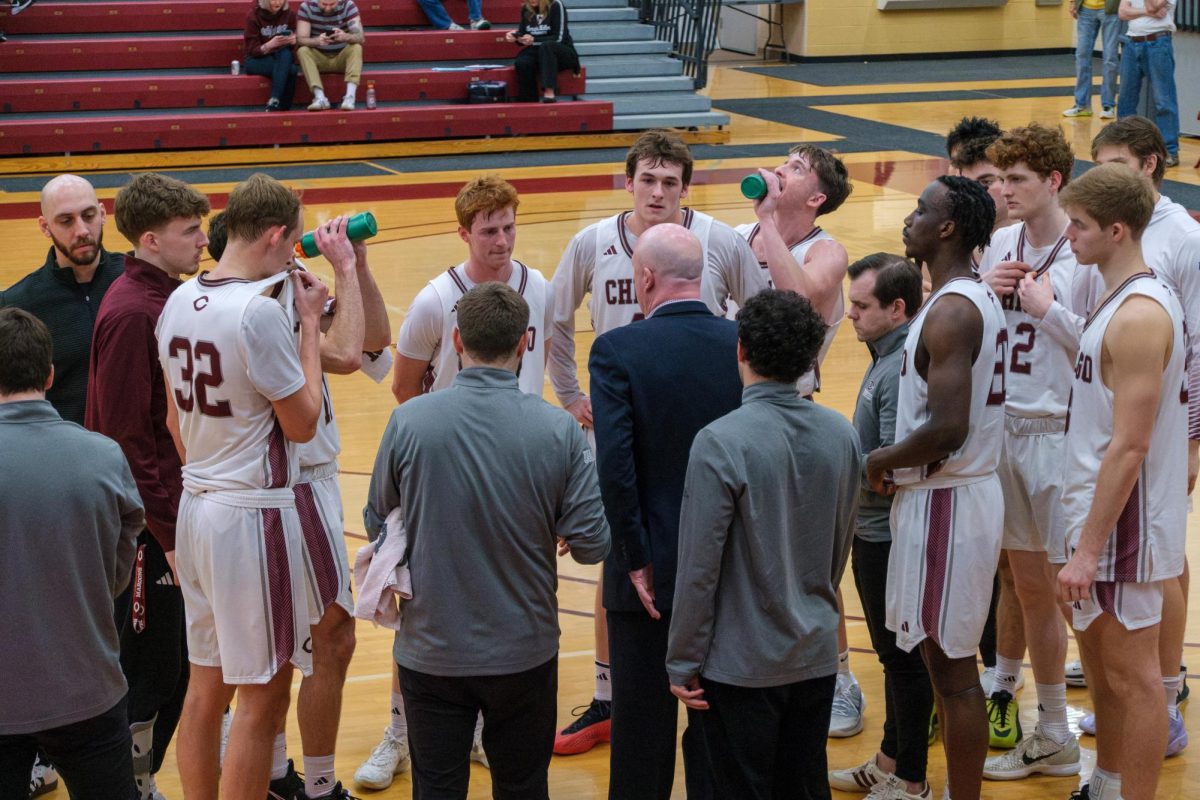5-1. The score sent tremors through the soccer-playing world last month. After nearly a year of upheaval, controversy, and anxieties, Head Coach Sven Goran Eriksson and the English National Team seem to have finally arrived. A match played on German soil, in one of the world’s most daunting stadiums, in front of thousands of rabid fans: the conditions could make even the strongest-willed player shudder. A loss would be difficult, a draw acceptable, and a 1-0 or 2-1 win tremendous. But a 5-1 win? To even think of such a result would be foolhardy. The most ardent English fans, no matter how delirious (or drunk), could not have dreamt of a more magical night.
The English cause was in doubt during the early stages of the match. When Jancker scored a choppy goal after barely six minutes of play, many English fans shook their heads and expected the worst. Too often in the storied history between these two teams, Germany proved too strong, too methodical. Granted, the teams engaged in some classic matches (who can forget England’s heartbreaking loss to their continental foes in Euro 96?), but Germany always won the important ones. Sure, England may win a friendly here and there, but during the meaningful tournaments, Germany always rebuked their archrivals. This year, however, was different. Somehow, England punished Germany with a display of cold, clinical finishing and remarkable composure. Aided by the efforts of their finest striker in the post-1966 era, Michael Owen, the English found openings and generally abused the Germans all over the pitch. Truly, Michael Owen was a sight to behold. Turning, sprinting, and coasting to daylight, England’s wonderboy made the German defense look foolish. His first goal, the one that equalized the match, showcased a man at the height of his considerable powers. Running on to a header sent into the box, Owen sent a cunning half-volley past the outstretched arms of Germany’s all-world goalkeeper, Oliver Kahn. Owen will never have the bulk or force of a Ronaldo or the panache of a Batistuta, but what Owen lacks in outward flair, he makes up for with tenacity and pace. Owen has long been my favorite striker in the world, and his three strikes against Germany solidified his claim as one of the very best in the sport. As the planets aligned over Germany that historic night, Michael Owen was not the only English player to emphatically state his arrival. Stephen Gerrard, one of England’s best midfielders, also emerged as one of the nation’s brightest stars. The Liverpool man held the ball and distributed with excellent proficiency. Does Gerrard stand as one of the best English midfielders since Gascoigne? The question still lingers, but with each passing game, Gerrard stakes his claim as a necessity for the national side.
Along with Owen and David Beckham, Gerrard helps control the pace of play and tackles just as well as he attacks. Also, just like Owen and Beckham, Gerrard still lunges into some rash challenges (as evidenced by his recent three-game ban), but he’s learning and improving. With time, Gerrard will be every bit as mature as his older English counterparts. Despite the superb performances, England’s incredible victory remains blemished by one undeniable fact: this German side just wasn’t very good. Unlike the World Cup-winning sides of years past, this year’s incarnation of the German National team lacked quality players or any inventive forces on the field. Indeed, Germany faces a sort of crisis with its national side. With a suspect coach, a dearth of viable starters, and an overly demanding public, the Germans face a host of challenges with very few resources.
Nevertheless, any win over Germany, no matter how small, is cause for celebration in England. For a country that still harkens back to 1966 to feebly prove its soccer might, this victory bolsters England’s claim as a world soccer power. Of course, the country still has much to prove, but the skills of Gerrard and Owen may carry the English a very, very long way in 2002.








